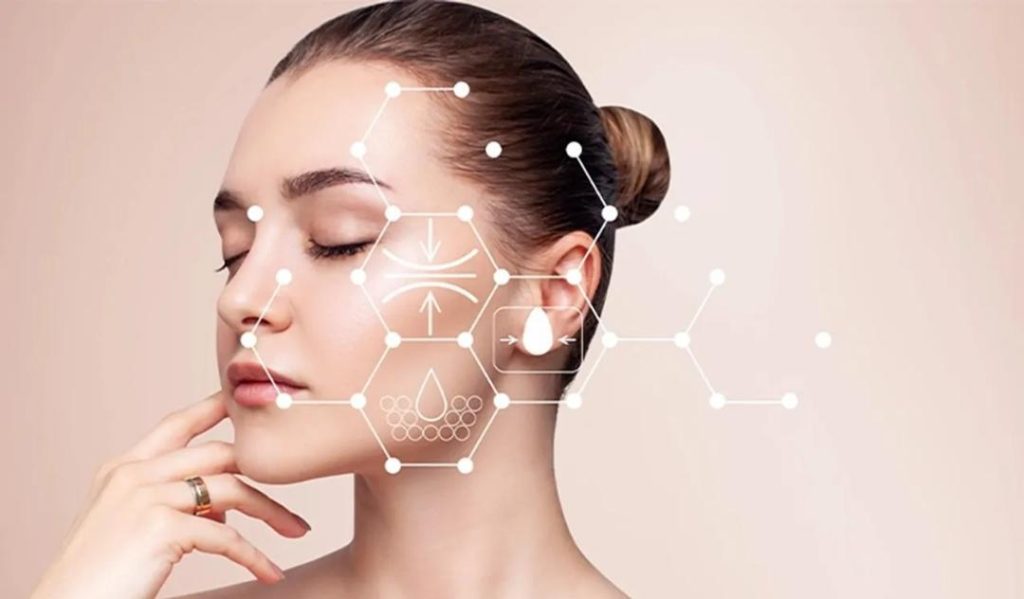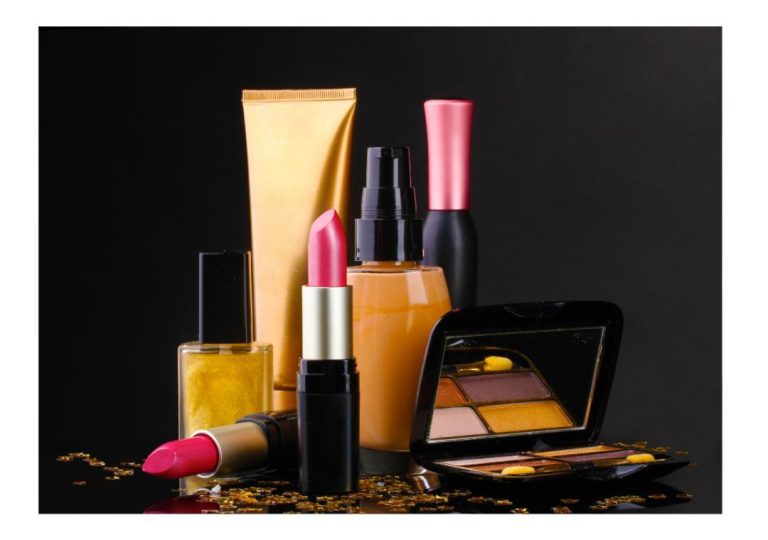
How AI & Innovation are Redefining the Beauty and Wellness Landscape
The skincare industry has undergone a significant transformation in recent years, moving from basic routines to a realm of personalized solutions, inclusivity, and cutting-edge innovation. As we gaze into the crystal ball of 2025, skincare trends are revealing a deeper understanding of diverse skin needs, a commitment to wellness, and a harmonious blend of science and nature. AI and innovation are at the forefront of this revolution, redefining the beauty and wellness landscape with precision, customization, and a focus on sustainability.
Personalization: The New Frontier
The rise of personalized skincare is a direct result of advancements in AI, machine learning, and data analysis. With the help of AI-powered algorithms, skincare brands can now gather and analyze vast amounts of data on individual skin types, concerns, and preferences. This information is then used to create customized skincare routines, tailored to address specific skin issues and concerns.
One of the pioneers in this space is the brand, Neutrogena, which has developed an AI-powered skincare platform that uses machine learning to analyze user data and provide personalized product recommendations. This platform has been hailed as a game-changer in the skincare industry, as it eliminates the guesswork and trial-and-error approach that often plagues traditional skincare routines.
Inclusivity: A New Era of Representation
The beauty and wellness industry has long been criticized for its lack of representation and inclusivity. However, 2025 is poised to be a year of significant change, as brands prioritize diversity and representation in their marketing campaigns, product development, and overall brand ethos.
Skincare brands are now recognizing the importance of catering to a diverse range of skin tones, types, and textures. This shift is being driven by the growing demand for products that address specific skin concerns, such as hyperpigmentation, acne, and rosacea.
One brand that is leading the charge in this space is Fenty Skin, which has been praised for its inclusive approach to skincare. The brand’s products are designed to address a range of skin concerns, from acne and hyperpigmentation to fine lines and wrinkles, and are available in a range of shades to suit diverse skin tones.
Cutting-Edge Innovation: The Future of Skincare
2025 is also expected to see a surge in cutting-edge innovation in the skincare industry, with advancements in areas such as nanotechnology, biotechnology, and AI-powered devices.
One of the most exciting developments in this space is the rise of nanotechnology, which is being used to create ultra-fine particles that can penetrate deep into the skin to deliver targeted active ingredients. This technology has the potential to revolutionize the way we approach skincare, allowing for more effective and efficient delivery of active ingredients.
Biotechnology is also playing a significant role in the skincare industry, with companies using biological processes to develop innovative ingredients and products. For example, biotech companies are using fermentation to produce natural ingredients, such as hyaluronic acid, that are rich in antioxidants and have anti-aging properties.
Wellness: The New Frontier of Skincare
The skincare industry is no longer just about applying products to the skin; it’s about promoting overall wellness and self-care. 2025 is expected to see a significant focus on wellness, as brands prioritize mental and emotional well-being alongside physical skin health.
One of the key trends in this space is the rise of mindfulness and meditation in skincare routines. Brands are now incorporating mindfulness and meditation techniques into their product development and marketing campaigns, recognizing the importance of promoting mental and emotional well-being alongside physical skin health.
Another trend that is gaining traction is the use of essential oils and plant-based ingredients in skincare products. These ingredients are being used to promote relaxation, reduce stress, and improve overall well-being, making the skincare routine a holistic and therapeutic experience.
Sustainability: The Future of Skincare Packaging
Finally, 2025 is expected to see a significant focus on sustainability in the skincare industry, as brands prioritize eco-friendly packaging and reduce their environmental impact.
One of the key trends in this space is the rise of refillable packaging, which is being used to reduce waste and minimize the environmental impact of skincare products. Brands are now offering refillable products, such as creams and serums, that can be easily recycled or reused, reducing the need for single-use packaging.
Another trend that is gaining traction is the use of biodegradable and recyclable materials in skincare packaging. Brands are now using eco-friendly materials, such as bamboo and sugarcane, to create packaging that is both sustainable and stylish.
Conclusion
The skincare industry is poised for significant change in 2025, driven by advancements in AI, innovation, and a focus on sustainability, inclusivity, and wellness. As we look to the future, it’s clear that the beauty and wellness landscape is undergoing a profound transformation, one that prioritizes customization, diversity, and holistic well-being.
Whether it’s personalized skincare routines, inclusive marketing campaigns, or innovative product development, the skincare industry is poised to revolutionize the way we approach beauty and wellness. And as we look ahead to 2025, it’s clear that the future of skincare is bright, innovative, and committed to making a positive impact on the world.
Source:
https://www.shethepeople.tv/author-spotlight/guest-contributions/skincare-trends-for-2025-8728129






